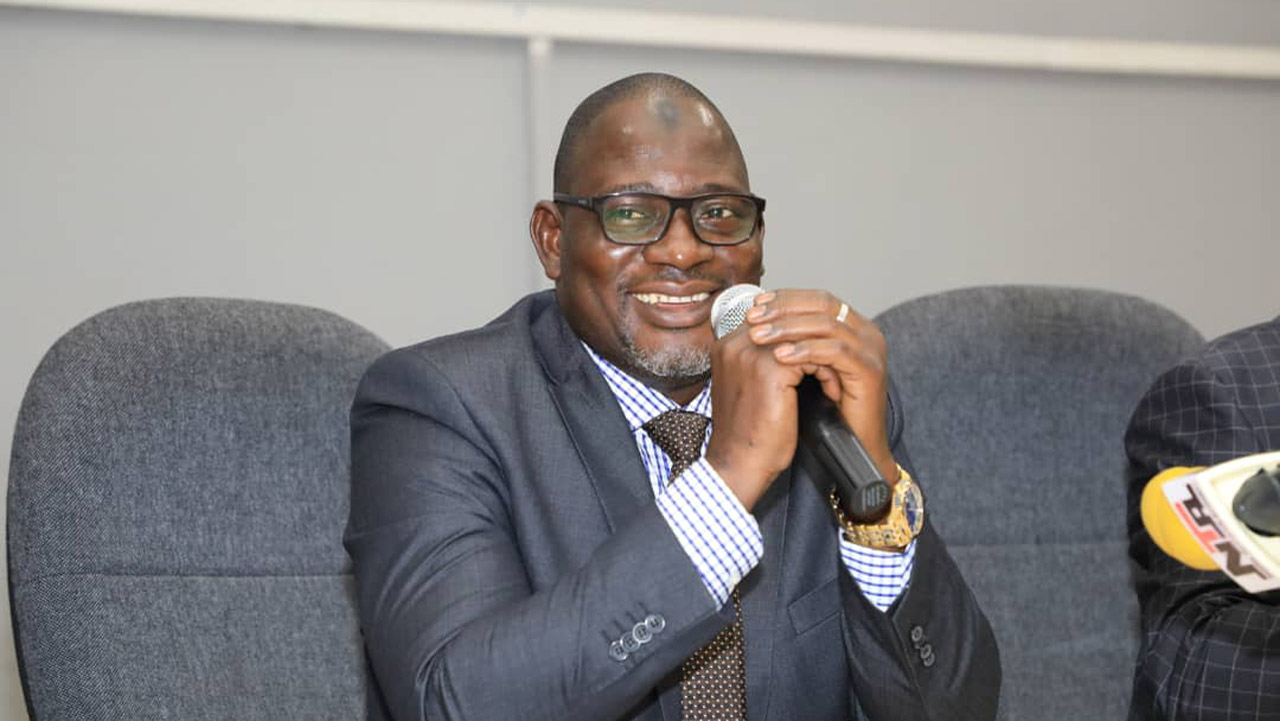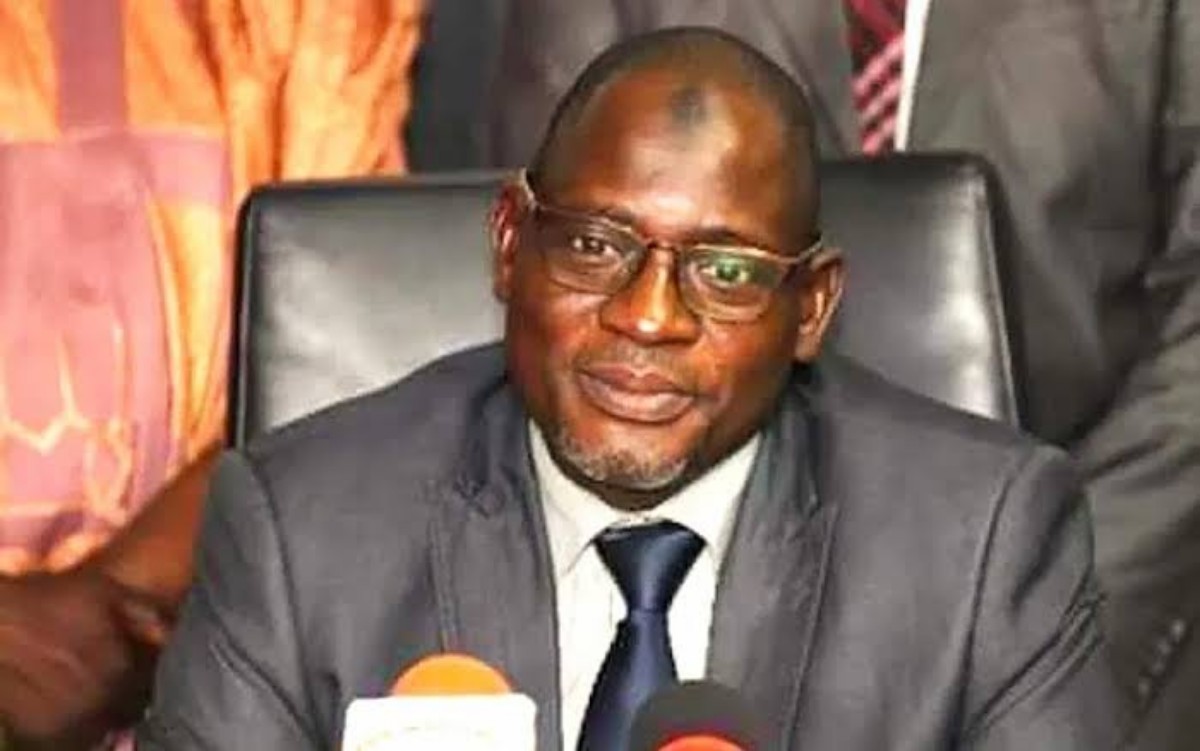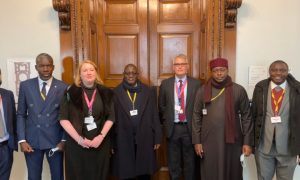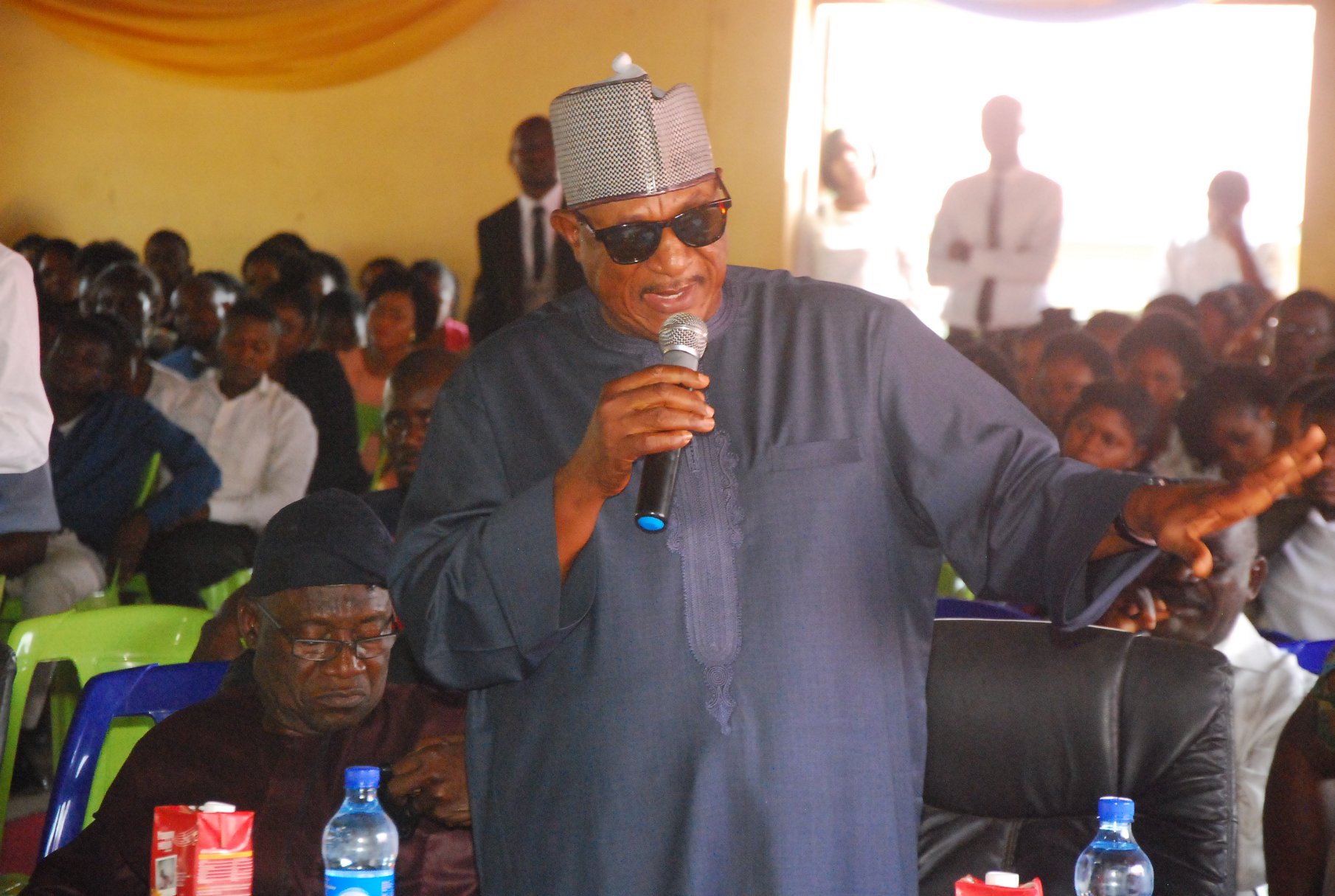Nigeria News
FIRS Chairman, Muhammad Nami elected 15th President of CATA, promises to tackle global challenges to taxation

The Executive Chairman of the Federal Inland Revenue Service (FIRS), Muhammad Nami, a renowned tax administrator has been elected by the 47 member countries of the Commonwealth Association of Tax Administrators (CATA) as its 15th President for a three-year tenure, today.
The newly elected President of CATA brings in decades of experience in taxation and administration both in private and public sectors.
In his acceptance speech read during the virtual conference of the Forum, thanked all members of CATA for the confidence they have reposed in him by electing Nigeria as President, noting that it is a call to duty. And he will serve dutifully, shouldering the great responsibility that comes with the assignment.
“Your support is an honour that I do not take lightly.” Nami stated. “I want to assure all members that I will work assiduously in delivering on the mandate of this office; and I will not disappoint you. It is a great privilege and I do not take it for granted.”
Muhammad Nami, who is the former Chairman of the African Tax Administration Forum (ATAF) stated that due to the effects of the COVID-19 pandemic, taxation has become the mainstay for economies the world over in providing the required revenue to fund governance.
“Today, taxation has become the mainstay of every economy around the globe. The COVID-19 pandemic has greatly affected the earnings of most economies, especially those whose revenue sources were fetched from activities such as recreational tourism, medical tourism, minerals exploration, commodity exportation etc.
“These activities were performed minimally, and in some cases even experienced total cessation due to physical restrictions imposed by many nations during the COVID-19 lockdown. Economies across the world have had no other choice but to look inward to taxation as the most viable alternative to provide the required revenue to fund government.” He stated.
He went further to note that with the COVID-19 lockdown, digital technologies have transformed the way and manner humans interact and do business with each other, which has consequently brought about novel challenges for tax administrators.
“This new normal brought about a greater embrace of digital technologies that came with its own challenges for tax administrators. One of these challenges is the inadequate capacity of tax administrators to understand and track digitalised transactions which has become the order of the day.”
Regardless of these challenges, Muhammad Nami, who served as Chairman of the African Tax Administration Forum up to November 2020, and is currently the Chairman of the Joint Tax Board in Nigeria, has promised that as President of CATA he will mobilise the member countries and other tax bodies to build capacity of tax administrators to tackle the challenges they face.
“I will work with the CATA Secretariat to effectively collaborate with other tax bodies such as ATAF, WATAF, UN, OECD, NTO, among others, in the area of training and sharing of experience of good and innovative practices in tax administration around the globe.
“One goal I hope to achieve as your President is to work hand-in-hand with member countries to expand the character of tax administration such that our work is in tune with today’s innovation and realities.” CATA’s newly elected President stated.
The Commonwealth Association of Tax Administrators (CATA) was established following a decision taken at a meeting of the Commonwealth Finance Ministers held in Barbados in 1977. It had 23 founding member countries and has grown to 46 member countries today, making it one of the world’s largest bodies of tax administrators.
CATA has, since its inception in 1978 focused on building and improving capacity of its members. It hosts annual technical conferences and high-level training programmes annually, while maintaining strategic partnerships with various multilateral and global tax institutions across the world.
The Forum has played a critical role in the formulation of tax policies and procedures of its member countries.






















